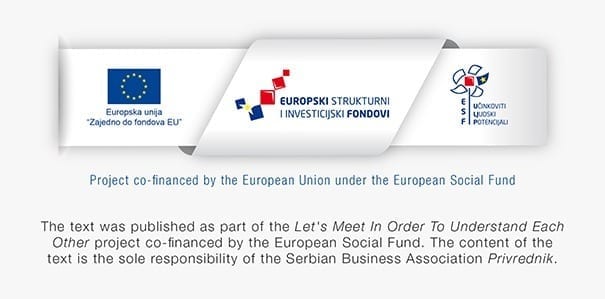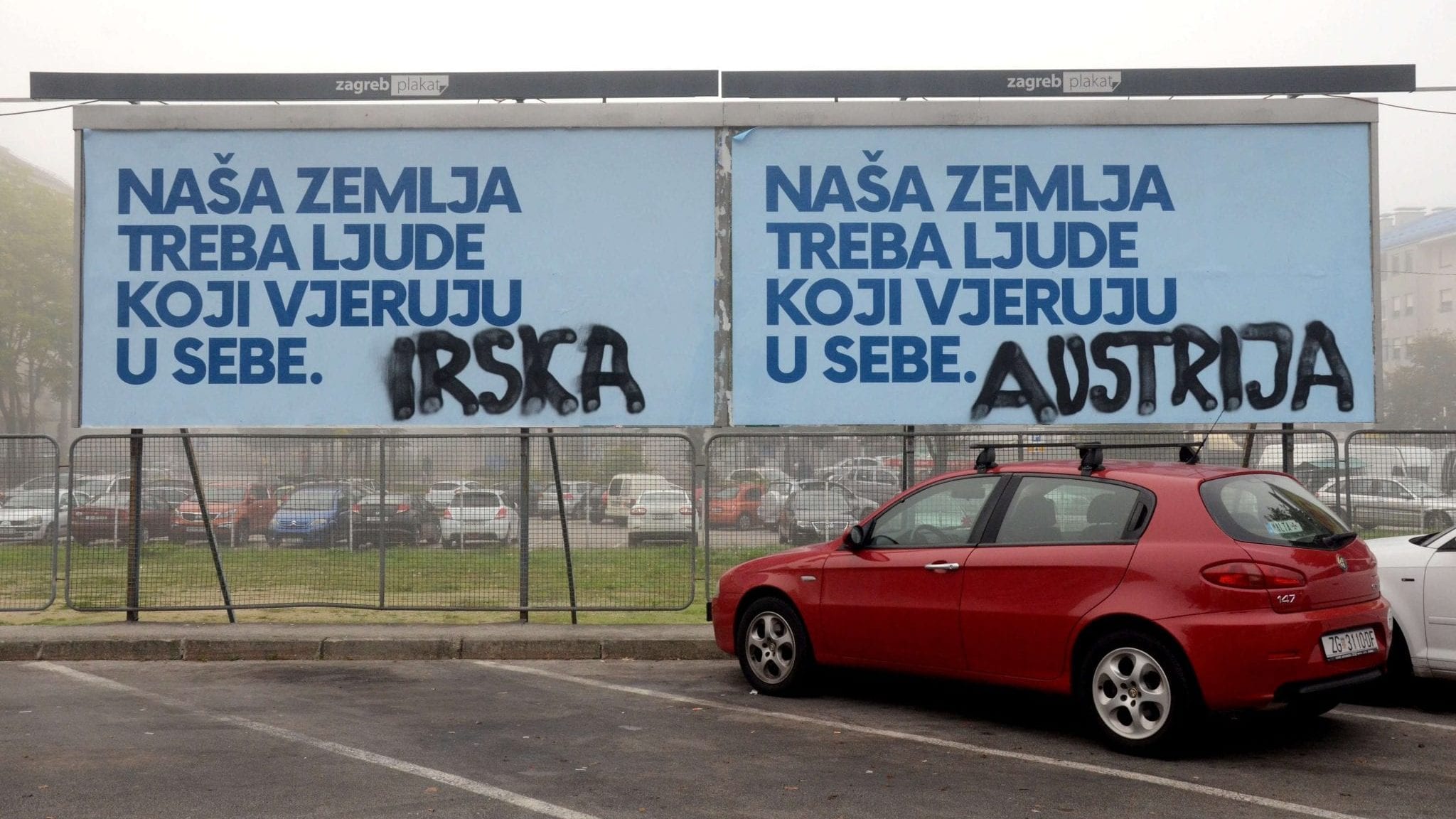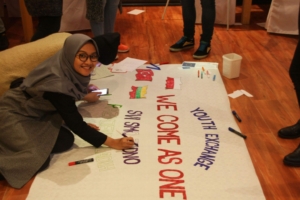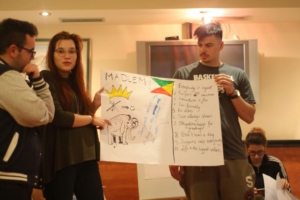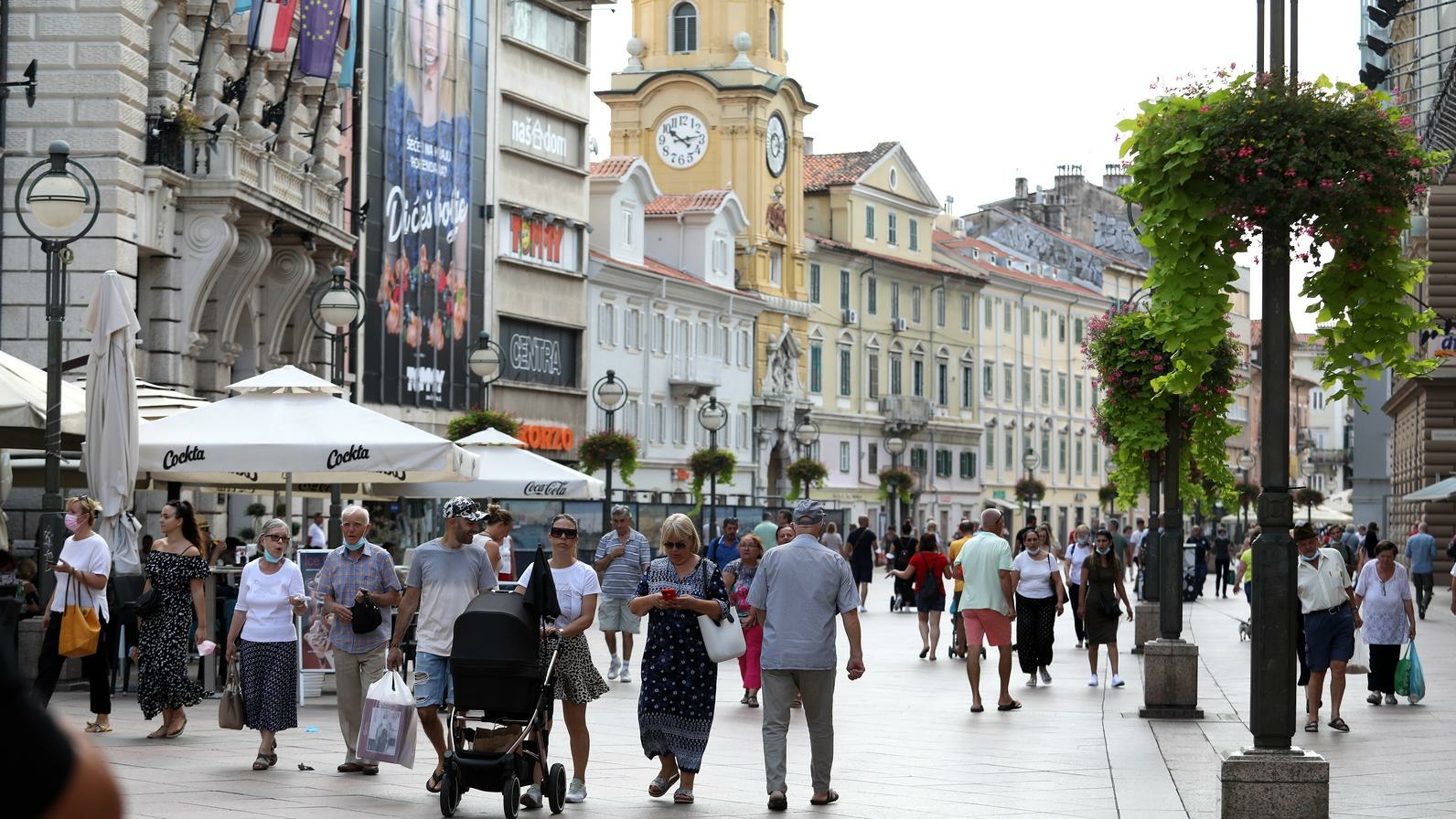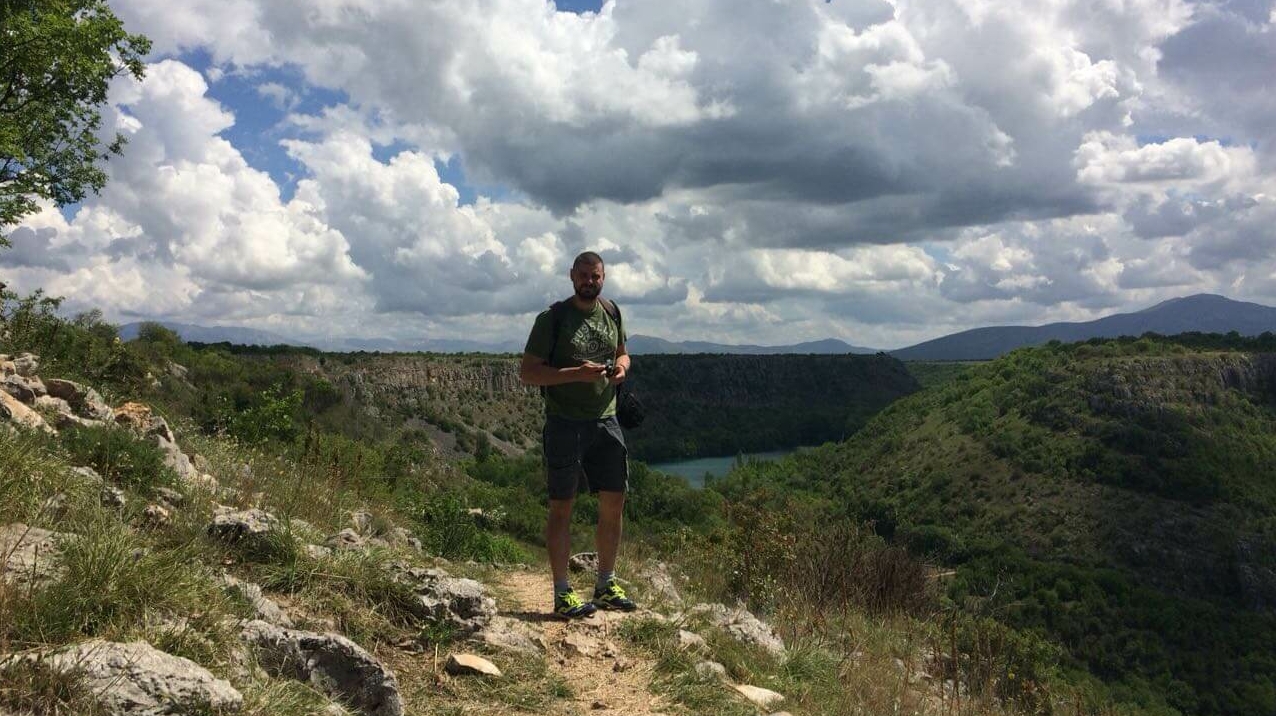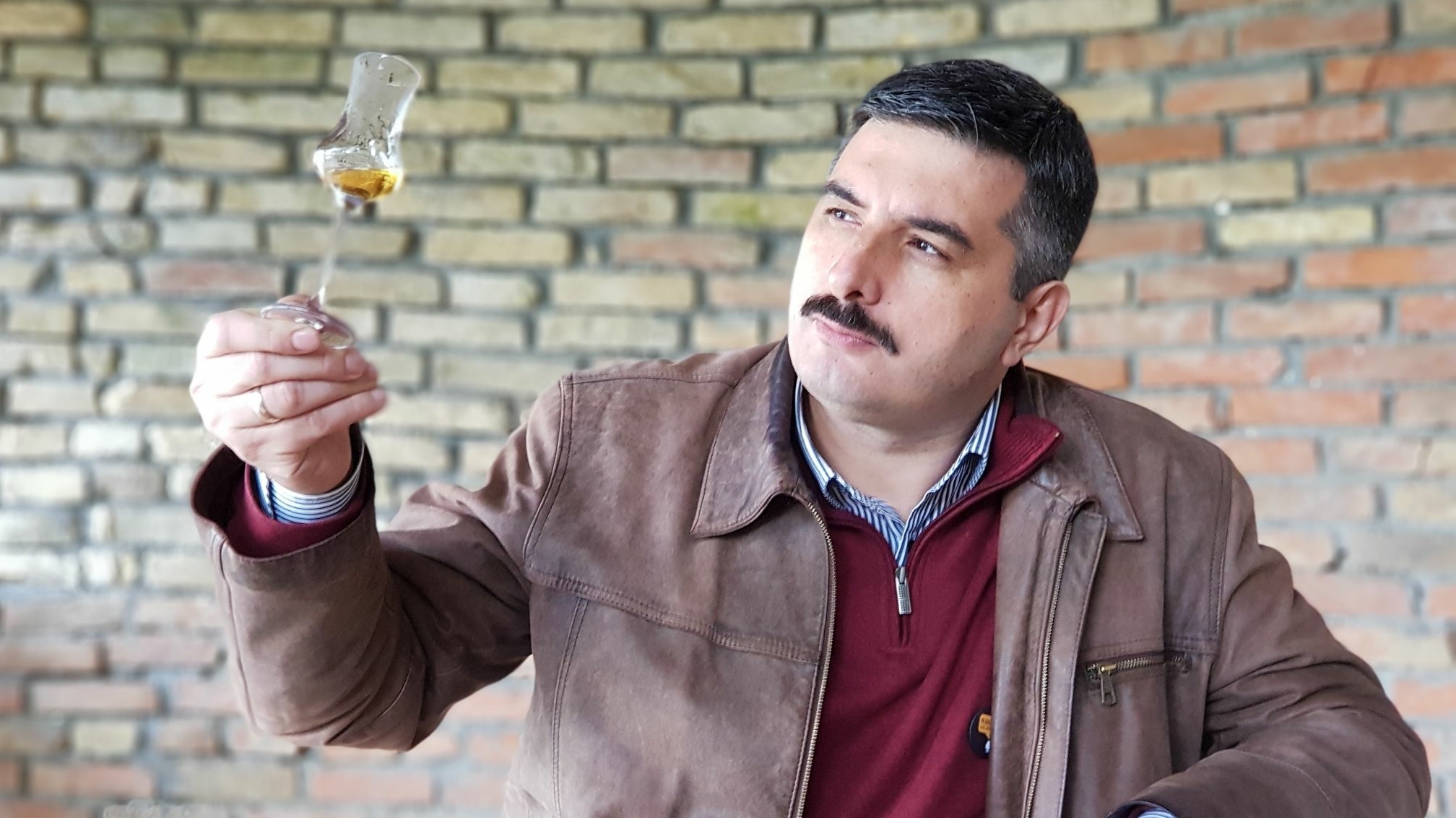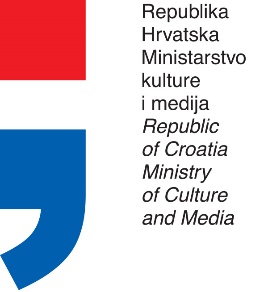The upcoming census in Croatia will be specific for several reasons, along with the familiar fact of increasing emigration. The pandemic has brought about new forms and ways of surviving in the market. Movement may be limited, but migrations will always exist, whether the change of address is temporary or permanent. This means changes in the socio-cultural structure of the population, primarily as a consequence of the impoverishment of the country of origin, but it also creates new possibilities and hopes of a better life with more opportunities for young people.
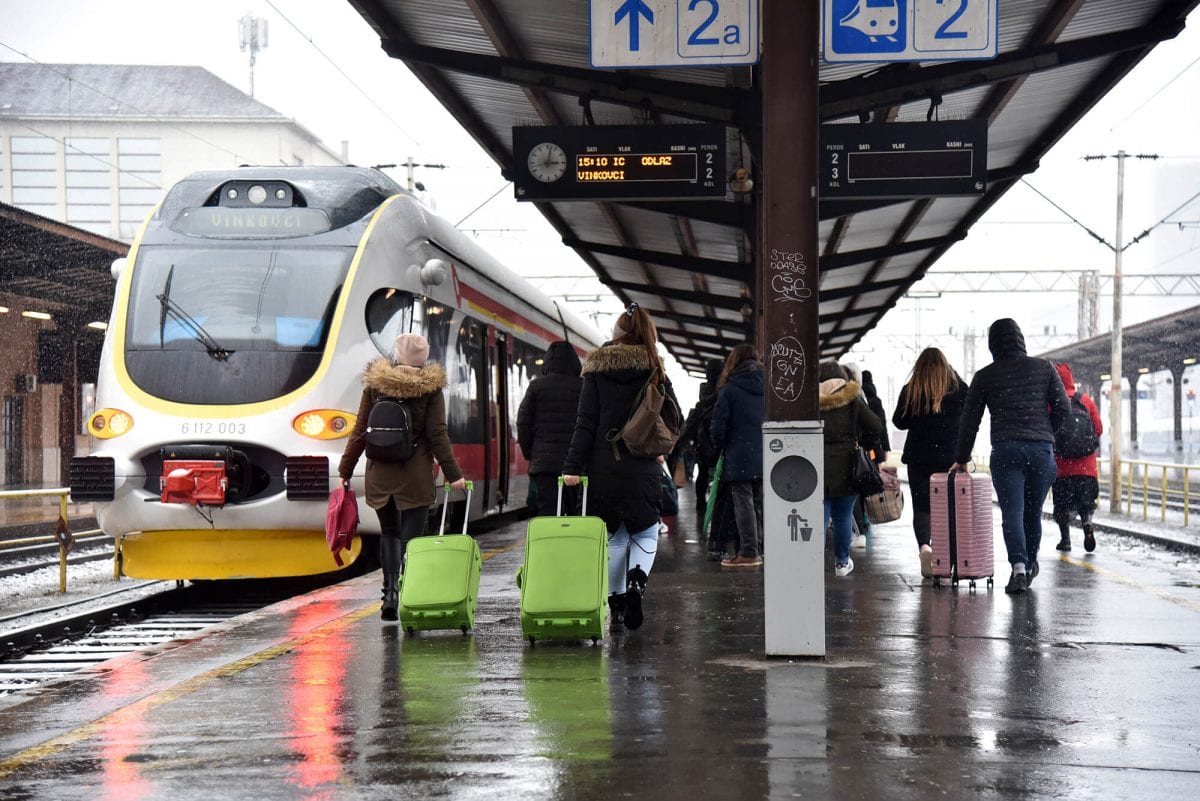
In the last few years, the statistics of the emigration of young people do not bode well. There are no completely reliable and accurate figures, but according to the data of the Croatian Bureau of Statistics, 26.7% of young people between the ages of 15 and 29 emigrated between 2015 and 2019. That is more than 190,000 young emigrants, and we must also take into account that some of those who emigrate do not report their change of address at the police, meaning that the number of emigrants is probably larger than official statistics state.
“Unfortunately, there is not enough research on young people and emigration. In the analysis Experience of Migration and Planned Emigration of Young People from Croatia by the Friedrich Ebert Foundation, authors Potočnik and Adamović state that young people intending to leave and stay abroad for a longer time state different reasons for it, from the influence of friends who have already left, education and employment to a general dissatisfaction with life in Croatia and political reasons. They emphasize life in ‘a more ordered country’ where their education and work are better valued as the primary advantage of living abroad,” dr. sc. Sanja Klempić Bogadi from the Scientific Department for Migration and Demographic Research of the Institute for Migrations and Ethnic Studies in Zagreb explains these trends.
Far more emigration than immigration
As things stand right now, the return of people who emigrated from Croatia does not promise much because more people emigrate than immigrate every year.
We cannot conclude from the statistics how many emigrants from Croatia returned since the data is based on their citizenship and the country they come from. The fact that someone who immigrated is a Croatian citizen does not necessarily mean he or she has ever lived in Croatia before.
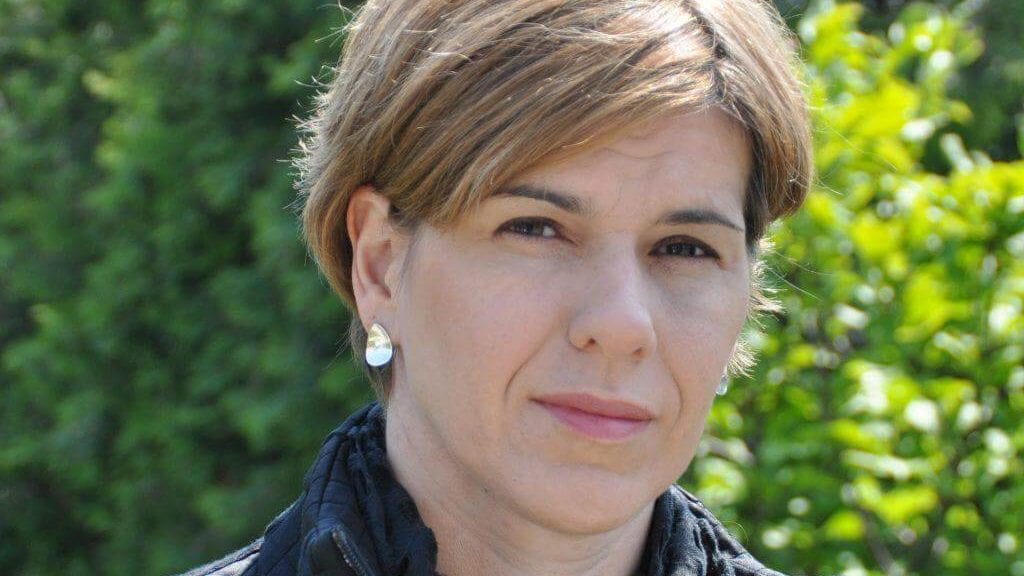
Klempić Bogadi points out that more detailed analyses require a population register and reminds us that the quality of the social environment is a significant factor in emigration. “Several studies have shown that, along with economic reasons, people increasingly state non-economic reasons for leaving Croatia. These are corruption, nepotism, distrust in the legal system and others. The situation is especially unfavorable for young people because the unemployment rate among young people in Croatia is very high,” Klempić Bogadi says for P-portal.
Expansion of informal education and student exchanges
Along with the numerous changes to the structure of the population caused by permanent migrations of young people, there is also a new form of “temporary” migrations. Examples of this include Erasmus student exchange programs and informal exchanges organized by youth associations, which are a sign of new attitudes, beliefs, identity changes and acceptance of life in different socio-cultural contexts. Erasmus is no longer only an exchange between universities and schools. The expansion of informal education reflects new trends in migrations and in the overall change in population structure because it offers young people a new window into the world. Through currently relevant topics of creative industries, ecology and minority rights, they can perfect key competencies for positioning themselves in the job market outside their home country. Such short-term migrations and the informal education they bring change the outlook on life. Some young people are motivated to move permanently by this experience, while for others it means personal growth and development.
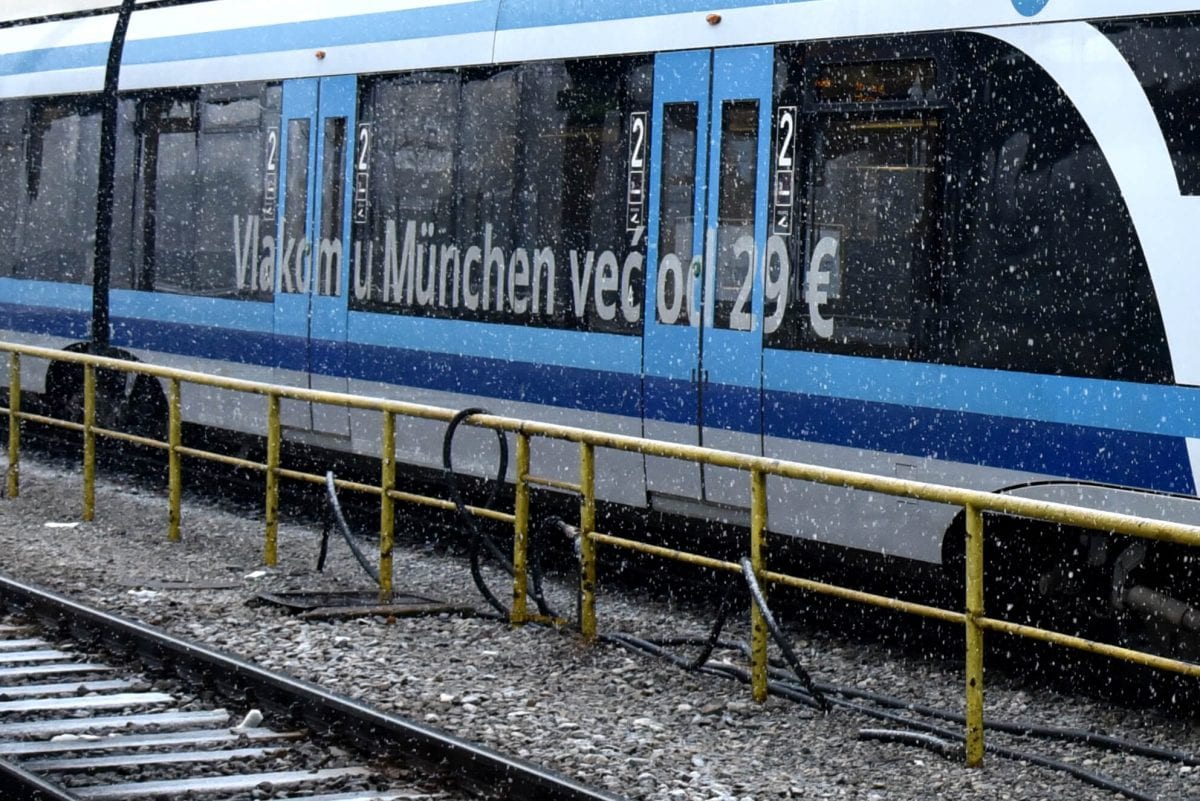
“Meeting people from different countries brought me many new connections, and I developed professionally because you learn a lot from other people. We worked on various topics, and most memorable for me was the visit to Sicily and the topic of migrants. I had the chance to meet them personally; they talked about what happens on their way here, and I can say that it was quite a new and unusual experience. The program managers still do not know how old these migrants really are; it is simply different seeing it on television and in person. The range of topics is really varied – along with serious topics, there are also culture, sport, dance. Such experiences change you – you develop empathy and the desire to help and learn more about the real world. Many think it is just traveling and sightseeing, but there is actually a structured schedule with plenty of education, organized stories and getting to know each other through short presentations of our countries, where, for example, we awarded correct answers in quizzes with traditional products from our countries,” economist Renée Goldstein (26) shares her experience of Erasmus organized by the Institute for Democracy “Idemo”.
Through numerous fun activities, such as karaoke in participants’ mother languages, their native cultures are presented more vividly to other participants.
“Official communication is in English to avoid isolation, and, since I studied in English, it was even simpler for me. We all intermix, you do not feel the differences, and you connect to persons, not nationalities, based on someone’s personality and not the neighborly feel of a country. This is a great opportunity for young people, especially those of limited economic means, to learn new things and form new friendships. Even though such Erasmus programs are more numerous than in previous years, they are still not known enough in the public, and better explanations and access to informal education need to be offered,” Goldstein concludes.
Diversity that brings people together
It is difficult to judge whether the frequent designation of Erasmus as a myth of creating a universal nation of cosmopolitan citizens is correct or not. Sometimes we are connected through our fascination with differences, and sometimes this connection is similarity, which usually happens in the domain of language. The diversity that Erasmus nurtures is also confirmed by Romana Ćosić, PhD student of law and the president of the organization Interaktiva.
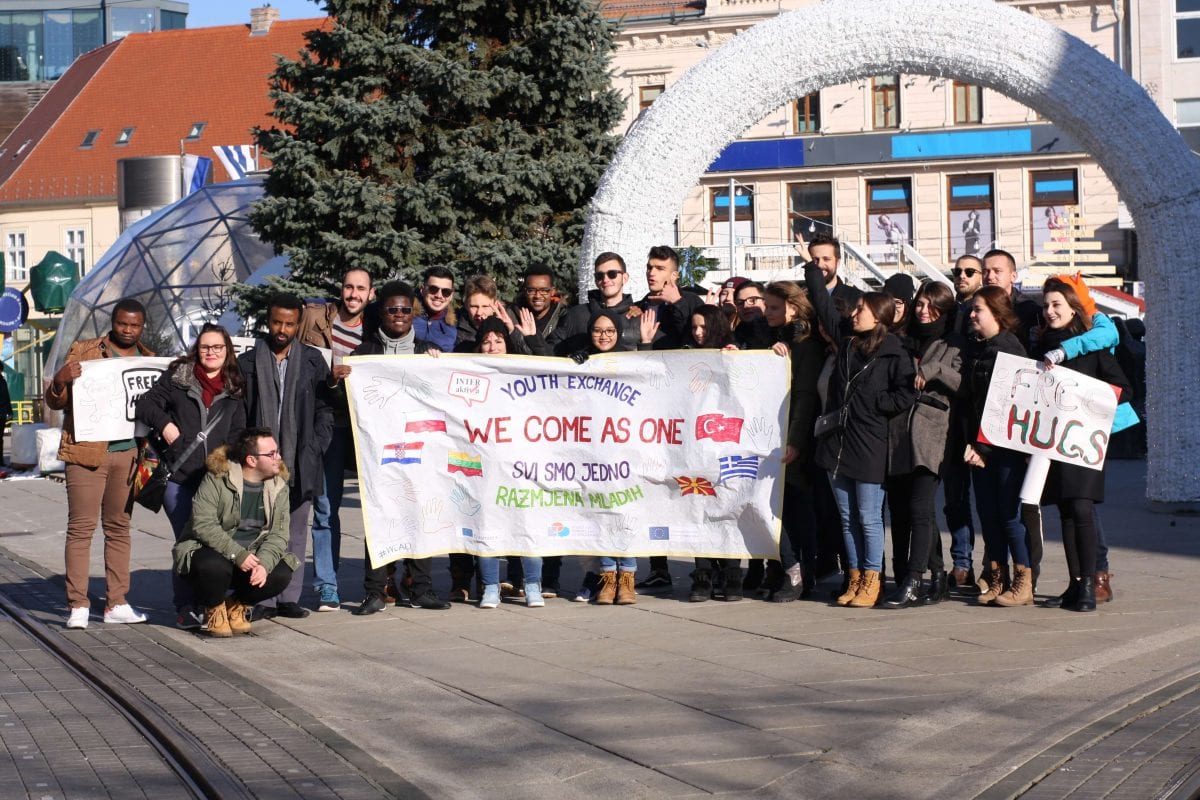
“If there are two or more persons of the same or similar linguistic origin, you can be sure they will connect. The ‘Balkan crew’ – participants coming from the countries of our region – definitely lead in this. If Bosnians, Serbs, Croats, Macedonians and Montenegrins find themselves together and in the company of, for example, Austrians, Italians or others, you can be sure our language will be the one most heard. That is why organizers have to intervene, for example by mixing people in rooms and introducing the rule that, if there is a non-Balkan person or persons in the company, the conversation has to be in English,” Ćosić says.
Projects We come as one, Running to Success, Ready, Steady, Work and many other partnerships of the organization Interaktiva since 2015 have worked on increasing the mobility of young people, helping them prepare for the job market and raising awareness of the importance of democracy and civil society.
“In my opinion, many young people in Croatia and the region emigrate to more developed countries primarily because of disappointment in the system, nepotism, bribery, corruption and difficulty in finding desired jobs. I believe young people should be better included in informal education through which they will learn ‘soft skills’ that will be useful in their search for the (desired) job, but also to raise their awareness of their own value and capabilities. Moreover, we need to raise their awareness concerning local, regional and national politics and the strengthening of civil society and democracy so that they become aware of their ability to influence the development of society as a whole,” Ćosić explains.
Educational profit for everyone
Until we take a closer look at the core of Erasmus and the concept of migrations in a wider sense, we may not see all the possibilities. Certainly, the greater and faster flow of information has opened new perspectives and brought new realizations, and one positive effect of Erasmus is reflected in the greater flow of society’s greatest capital – “universal knowledge”. This has opened the door of educational profit not only for young people, but for everyone participating in organizing and carrying out these projects.
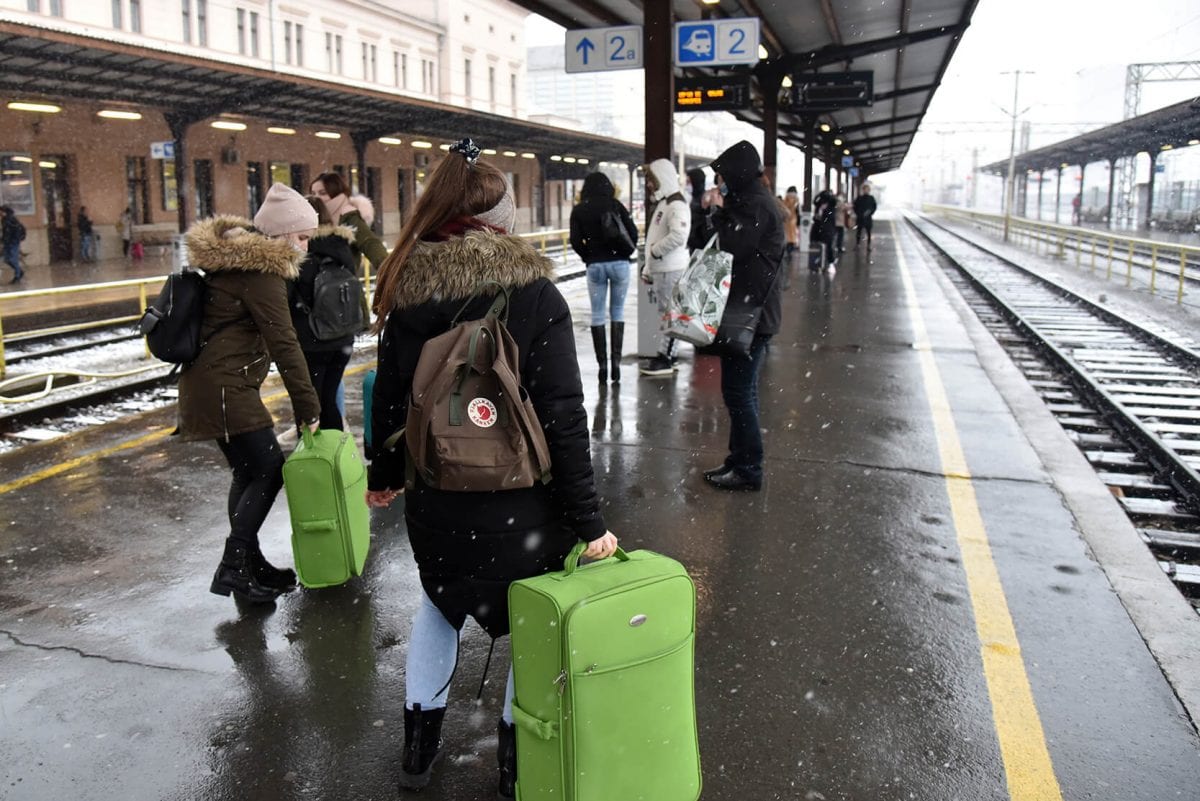
Among the many Erasmus projects and international conferences she has participated in, Ćosić singles out the project War crimes and trials organized by the Franco-German Youth Office as an example of good practice. The project included young students of law, history, political science and communication studies from Croatia, Serbia, Germany and France; it lasted almost three years and took place at several locations.
“Through the project, we visited the concentration camp in Dachau, the Nuremberg Palace of Justice, the International Criminal Tribunal for the Former Yugoslavia in The Hague, courts in Germany and places of mass death: Oradour-sur-Glane in France, Jasenovac in Croatia and the concentration camp Staro Sajmište in Belgrade. We had the opportunity to work on concrete cases of war crimes from the Second World War, we met surviving prisoners of concentration camps, and we talked to the then-prosecutor at the international court, Serge Brammertz, and many other top experts – historians, legal experts, political scientists. On a really high level, from the perspective of history and international law, we discussed events of the Second World War and examples of successful reconciliation of France and Germany after the Second World War, but we also had serious debates about topics from the Homeland War,” Ćosić recollects.
What makes such projects perhaps different from others, our interviewee says, is that they can produce very strong emotions in people, especially during visits to locations such as concentration camps. Still, a lot is learned from them.
“You learn that you will often disagree on certain things in conversation with other people, but you also learn to use the ‘force of argument’ instead of the ‘argument of force’ in dialogue”, Ćosić states.
Accepting differences
It seems that the line where the brotherhood of the new generation begins, and its unity ends is painted with the brush of postmodernism and new colors of even more progressive interconnectedness. New situations and environments shape new identities because cultures are also no longer fixed in their places of origin, and they mix ever more easily. If the other word for life is – movement, then modern migrations will decide whether mutual fascination and faster connections will contribute to greater tolerance and unity or will only impoverish original cultures.
As Romana Ćosić points out: “Sometimes we appreciate what we have more, and sometimes we are disappointed and wish to change our place of living.”
Still, most young people see exchange as a positive experience which broadens the worldview and enables contact with other people and cultures.
Translation from Croatian: Jelena Šimpraga
